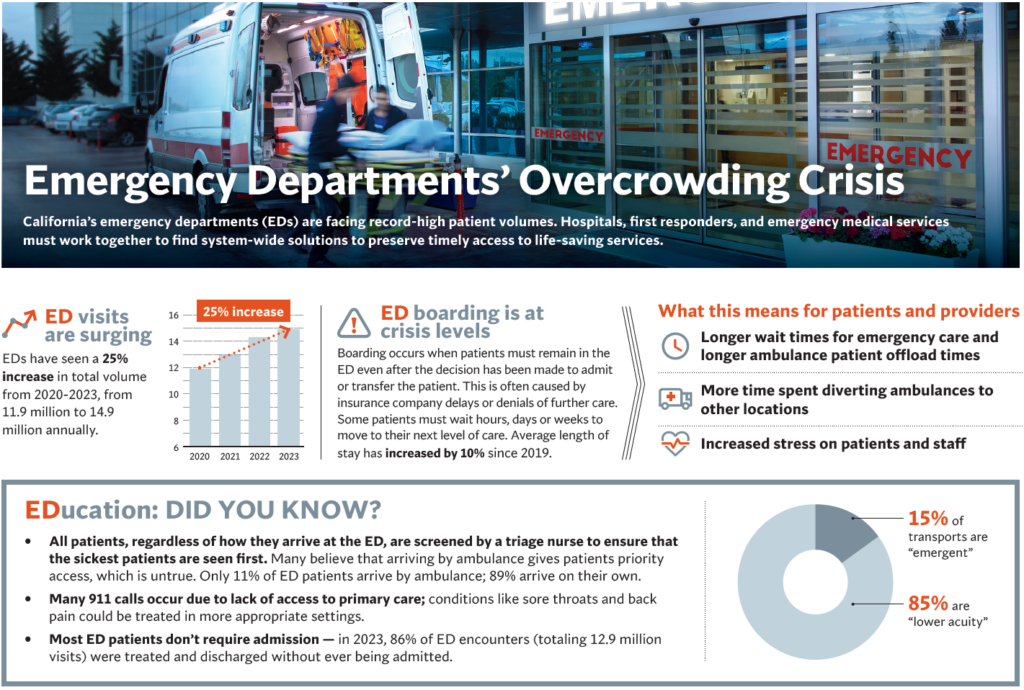A recent piece in the Orange County Register that took a deep dive into California’s grocery prices calls to mind compelling parallels with the state’s ongoing push for lower health care costs. The piece, penned by the president and CEO of the California Grocers Association, contrasts the publicly stated desire of California lawmakers to make […]
What’s happening: In response to President Donald Trump’s February executive order on price transparency, the departments of Labor, Health and Human Services, and Treasury, as well as the Centers for Medicare & Medicaid Services, have issued new guidance and requests for information (RFIs) on machine-readable files, prescription drug pricing, and more.
Julie was born with Pierre Robin sequence, but thanks to consistent care at CHLA’s Steven & Alexandra Cohen Foundation Newborn and Infant Critical Care Unit, she has defied expected limitations and enjoys many hobbies.
Over the past couple of weeks, as federal and state budget proposals have come into sharper focus, the details are shaping up to be grim for hospitals and the patients who rely on them.
What’s happening: Earlier this month, the Centers for Medicare & Medicaid Services (CMS) proposed changes to Medicaid health care-related tax rules that pose significant risks to California’s managed care organization (MCO) tax and Hospital Quality Assurance Fee Program.
Health care — one of our most fundamental needs as human beings — is at an inflection point.
What’s happening: Yesterday, Gov. Gavin Newsom released the May budget revision, which included proposals to pull away $1.6 billion in funding dedicated to health care organizations through last year’s Proposition 35. This came just days after the House Energy and Commerce Committee released a proposal to cut more than $715 billion from Medicaid (Medi-Cal in California).
What’s happening: The Centers for Medicare & Medicaid Services (CMS) has issued proposed changes to the Medicaid health care-related tax rules that present significant risks for California’s managed care organization (MCO) tax and Hospital Quality Assurance Fee Program — both of which hospitals rely on to deliver patient care. Comments on the proposed rule are due to CMS by July 14.
The CARE Act establishes a civil court process that connects eligible individuals with schizophrenia or other psychotic disorders to a coordinated plan of care, housing, and support to interrupt cycles of hospitalization, incarceration, and homelessness. This presentation is specifically tailored for hospital emergency department (ED) and inpatient psychiatric staff who play a critical role in identifying potential […]
